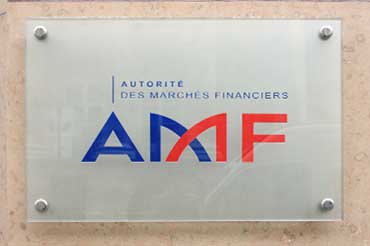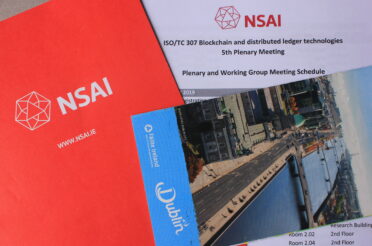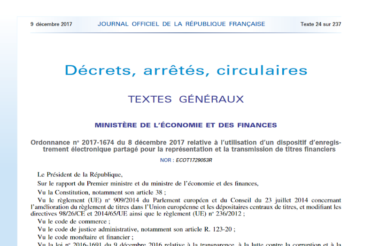The first steps of a new paradigm have just been taken on April 28, when France, with the signing of the ordinance on cash vouchers, enshrined blockchain in law for the first time. This new technology has not only been defined in French law, but also recognized as a recording tool allowing the authentication of property transfers.
A month ago, during the 3rd Assises du Financement Participatif, the Minister of Economy, Industry and Digital, Mr. Emmanuel Macron, announced the creation in the draft ordinance of a new security that can be registered on the blockchain: the "minibons".
Minibons are vouchers (securities issued by a company in exchange for a loan granted to it) intermediated on participatory financing platforms.
The ordinance relating to minibonds, which amends the Monetary and Financial Code, therefore creates two articles in this code that are essential for the bitcoin community:
Article L 223-12, which establishes that "the issuance and transfer of minibonds may also be recorded in a shared electronic recording device allowing the authentication of these transactions, under conditions, in particular of security, defined by decree in the Council of State.", and
Article L223-13, which states that "The transfer of ownership of minibons results from the registration of the assignment in the electronic device mentioned in Article L223-12, which takes the place of a written contract for the application of Articles 1321 and 1322 of the Civil Code."
Thus, for the first time in the French language and in French law, the blockchain is defined as "a shared electronic recording device allowing the authentication" of transactions.
However, it is interesting to note that while the report presenting this draft ordinance to the President of the Republic mentions the word "blockchain" in parentheses after this definition, this mention has not been included in the ordinance. In fact, the ordinance does not use the word "blockchain" at any time.
The legal value of blockchain entries is also recognized for the first time. Thanks to this ordinance, the transcription of minibond transfers on the blockchain will be enforceable against third parties. Thus, the holder of a minibon registered on the blockchain will be able to assert and preserve his rights before a judge. This recognition was eagerly awaited, because without legal recognition of the blockchain, the development of the industry was clearly limited.
Nevertheless, this legal recognition of inscriptions on the blockchain is for the moment restricted to minibonds. Entries of other items on the blockchain will not have any legal value. Moreover, even with regard to minibons, the report states that a "working group will have to determine the conditions for carrying out such a project, in particular to ensure that the technology is secure and mature enough to ensure the maintenance of a reliable, secure and auditable distributed electronic register."
The ordinance is therefore only a first step towards the changes to come. It will only be fully applicable as of October 1, 2016 and after the conditions for the use of blockchain are defined by decree in the Council of State. Also, while the ordinance lays the legal groundwork for the first legal use of blockchain, it does not foreshadow the solution that will ultimately be chosen. Regulatory measures will have to be taken to make it fully operational. The government therefore still has room for maneuver.
However, this ordinance is in line with the informal discussions that took place last week in the European Parliament regarding cryptocurrencies and blockchain, and even anticipates them. While the members of the European Parliament are questioning the appropriateness of recognizing a property right to vouchers registered on shared registers such as blockchain, France has officially laid the legal foundations for this recognition, which is a definite advantage for innovative French companies in the sector.
This article was first published on: www.bitcoin.fr






